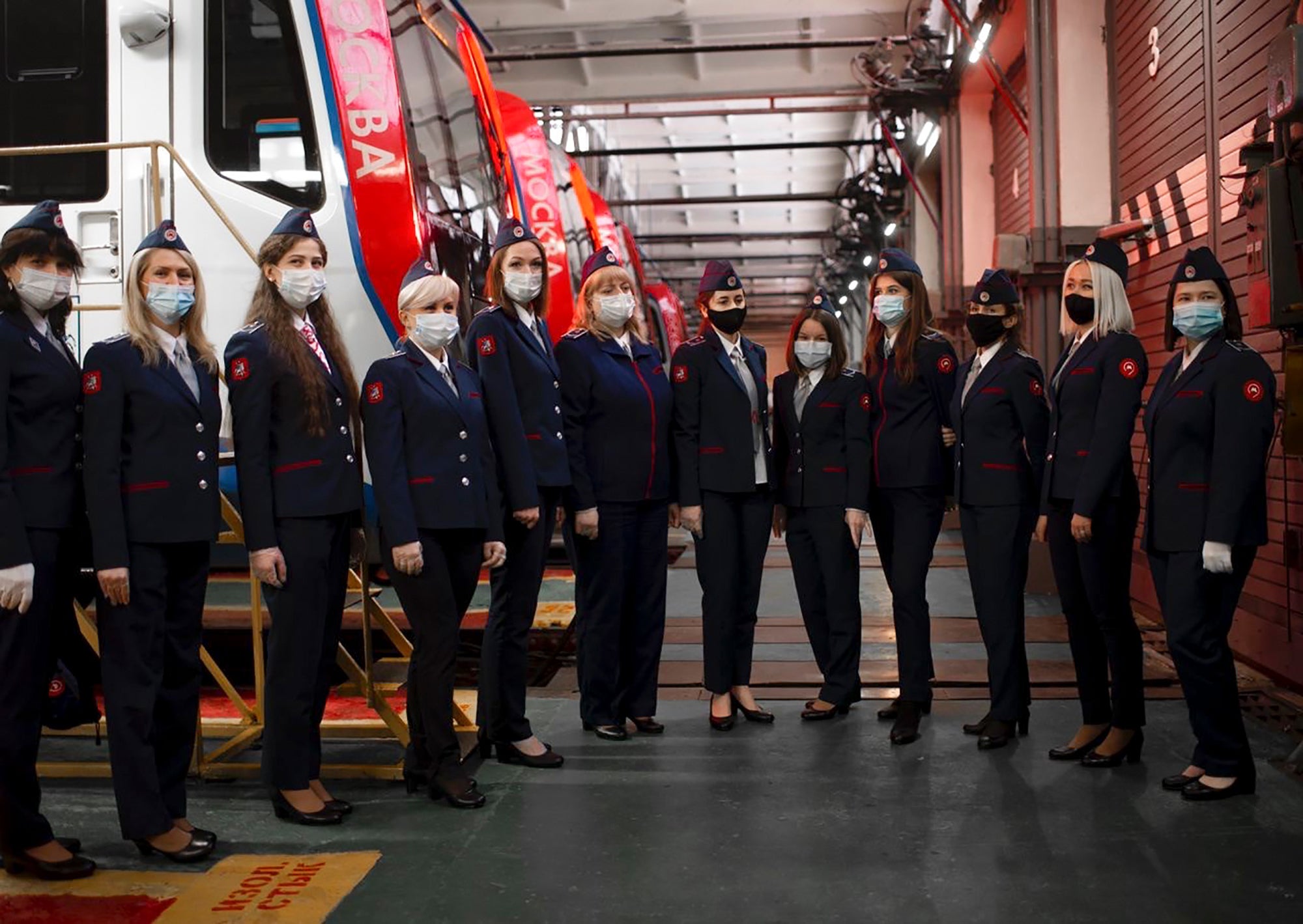Moscow metro employs first female train drivers after laws blocking women from certain jobs overturned
Laws previously blocked women from working in 456 different kinds of jobs for decades

Women in Russia are now allowed to become train drivers after the government overturned legislation which blocked females from doing a range of jobs.
Moscow’s metro, which transported up to nine million people a day before the pandemic hit, has employed its first female drivers in recent history after spending last year training women up for the role.
Russian laws have blocked women from working in 456 different kinds of jobs for decades, but the country’s labour ministry issued an order last September curbing the proportion of male-only professions to around 100.
The Labour Ministry decree to curb the number of jobs which are banned came into force from 1 Jan 2021 onwards.
The legislation, brought in by the Soviet Union in 1974 and updated by President Vladimir Putin in 2000, barred women from being in the navy and working as train, truck or bus drivers, ship crew workers, miners and car mechanics.
The rules stemmed from the notion women should not do physically arduous work as this could harm their ability to have children.
The Russian capital’s transport department said operating trains was no longer linked with intense physical activity due to technological advances.
In the UK, there are no jobs which women are banned from, but there is massive gender discrepancy between different roles.
A report published by Teach First last year found just 12 per cent of engineers and 13 per cent of science, technology, engineering and maths (Stem) workers in senior positions are female.
The charity found girls from disadvantaged backgrounds are least likely to choose such subject areas and are seven times less likely to pick A-level physics than a boy from a more advantaged background.
Join our commenting forum
Join thought-provoking conversations, follow other Independent readers and see their replies
Comments
Bookmark popover
Removed from bookmarks